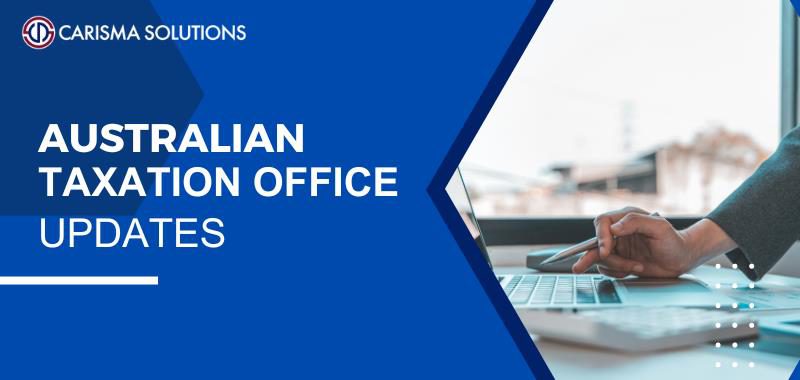Changes to NALI for SMSFs
There have been changes to the NALI legislation which may impact your SMSF.
Self-Managed Super Funds (SMSFs) must transact on an arm’s length basis.
Changes to the Non-Arm’s Length Income (NALI) provisions in the Treasury Laws Amendment (Support for Small Business and Charities and Other Measures) Act 2024 are now law and take effect from 1 July 2024.
The Changes:
- limit the amount of NALI arising from a non-arm’s length general expense for small superannuation funds to twice the difference between the actual expense and the expected market rate of the expense
- exempt large APRA regulated funds from the Non-Arm’s Length Expenditure (NALE) provisions for both general and specific expenses of the fund, and confirm the remaining NALI rules continue to apply
- exempt the application of the NALE provisions, as amended by the Act, for expenditure that occurred prior to the 2018–19 income year
- apply from 1 July 2018.
As these changes are retrospective and apply from 1 July 2018, you’ll need to consider any impacts to your fund and report any non-arm’s length general expenses in accordance with the new law.
The ATO’s administrative approach in PCG 2020/5: Applying the non- arm’s length income provisions to ‘non arm’s length expenditure’ expired on 30 June 2023 and will not be extended given the passing of the new legislation.
If you’re unsure if your SMSF is impacted by these changes you should speak to your tax or super professional.
Reforming treatment of Transfer Balance Cap for SFTs
Regulation changes to reform the treatment of the Transfer Balance Cap for successor fund transfers.
The Income Tax Assessment Amendment (Superannuation) Regulations 2024 has now been registered with a commencement date of 6 July 2024.
The Regulations specify changes to the treatment of the Transfer Balance Cap for successor fund transfers and will ensure individuals with a Capped Defined Benefit Income Stream (CDBIS) are not adversely impacted in the event of a successor fund transfer between superannuation funds.
Previously, the balance of the Transfer Balance Account for some recipients of CDBIS was unintentionally affected by the original income stream being treated as ceasing and a new one beginning.
From 6 July 2024, for the purposes of the individual’s Transfer Balance Account, an income stream that is a CDBIS just before the successor fund transfer will have the credit value equal to the debit value of the CDBIS that arises as part of the successor fund transfer.
The changes will be applied retrospectively from 1 July 2017.
The ATO will be working closely with impacted superannuation funds to adjust the Transfer Balance Accounts of recipients of CDBISs adversely affected.
Affected individuals should contact their superannuation fund if they have questions about their transfer balance account.
New courses for Setting up and Winding up an SMSF launched
The ATO has released 2 education courses for SMSF trustees to build their knowledge on setting up and winding up an SMSF.
The ATO has recently released 2 new courses for SMSF trustees:
- Setting up a Self-Managed Super Fund
- Winding up a Self-Managed Super Fund
These interactive courses provide an excellent opportunity for trustees to build their knowledge and can be easily accessed from the ATO’s small business education portal, smallbusiness.taxsuperandyou.gov.au
Trustees can create an account and set up a personalised learning pathway, which will also record course completion.
These courses form part of a suite of education products aimed at supporting SMSF trustees with their regulatory and reporting obligations.
The ATO will be launching the final course in the suite later in the year on Running a Self-Managed Super Fund.
These courses complement ATO’s suite of Lifecycle publications which help those wanting to learn more about navigating an SMSF.
ASIC urges AFS licensees to correct FAR records
ASIC has urged AFS licensees to immediately check all the information recorded about their financial advisers on the Financial Advisers Register (“FAR”) after a spot check identified errors and inconsistencies in some of the information provided.
ASIC suggests a particular focus on the adviser’s approved qualification(s), ability to provide tax (financial) advice services, business address and telephone number. Any incorrect or out of date information must be rectified by lodging a maintain transaction via ASIC Connect.
It is a serious offence to knowingly provide false or misleading information to ASIC or to fail to take reasonable steps to ensure that the information provided to ASIC is true and correct. It is also an offence to fail to update the FAR within 30 business days of a financial adviser’s details changing.
Source: Australian Taxation Office




